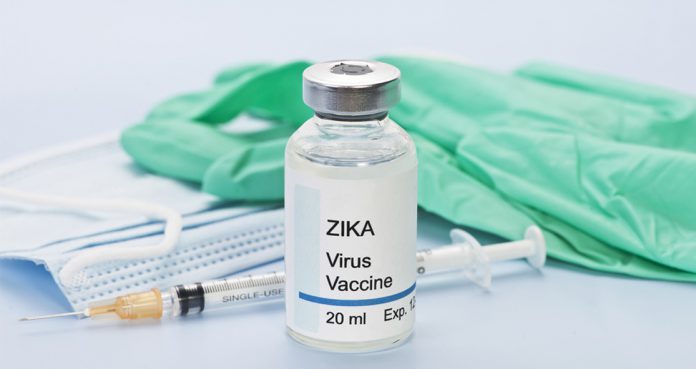Scientists from the University of Adelaide have developed a new vaccine that could help prevent Zika infection in mouse models.
The virology team, led by Dr. Branka Grubor-Bauk and Prof. Eric Gowans, has developed a novel vaccine that could potentially help eliminate Zika infection across the globe.
The study findings were published last week in the journal of Science Advances.
Zika virus, a mosquito-transmitted “flavivirus,” can cause microcephaly, a medical condition in which the brain does not develop properly resulting in a smaller than normal head, causing severe birth defects in infants born to mothers infected by the virus.
The new vaccine could help prevent Zika infection in pregnant women and congenital defects in the fetus and infant.
Dr. Grubor-Bauk said the team had developed an effective vaccine against Zika in mouse models. She said, “This is the first vaccine study that shows that a T cell-based vaccine can confer protection against a systemic Zika infection.”
“Our vaccine offers an advantage over other vaccines in development by eliminating the ongoing concerns in the field about enhancement of infection following exposure to dengue virus. This finding demonstrates for the first time that protective T cell vaccines against Zika are achievable,” she added.
“Zika virus is extremely detrimental if you’re pregnant and there has been no therapy or vaccine available to date,” Dr. Grubor-Bauk continued. “If we can progress this work and immunize women who are of reproductive age and most at risk, we can stop the devastating effects of Zika infection in pregnancy and make a huge difference to the health of the global community.”
The research of the new vaccine has progressed to a significant stage where it has been proven effective in preventing the infection – thanks to National Foundation for Medical Research and Innovation (NFMRI) and The Hospital Research Foundation for providing funds in developing the vaccine.
Dr. Grubor-Bauk said, “The next steps are to advance the vaccine to being ready for Phase I human clinical trials. This involves further pre-clinical studies which are vitally important to identify the most effective dosing and demonstrate protection against Zika infection in different pre-clinical models of the disease.” “The goal is to de-risk and create an attractive technology with a strong IP position, for licensing or co-development with a commercial partner,” she added. “We are grateful to The Hospital Research Foundation which has been instrumental in their support of our research over this time. We could not have reached this point without them.”























